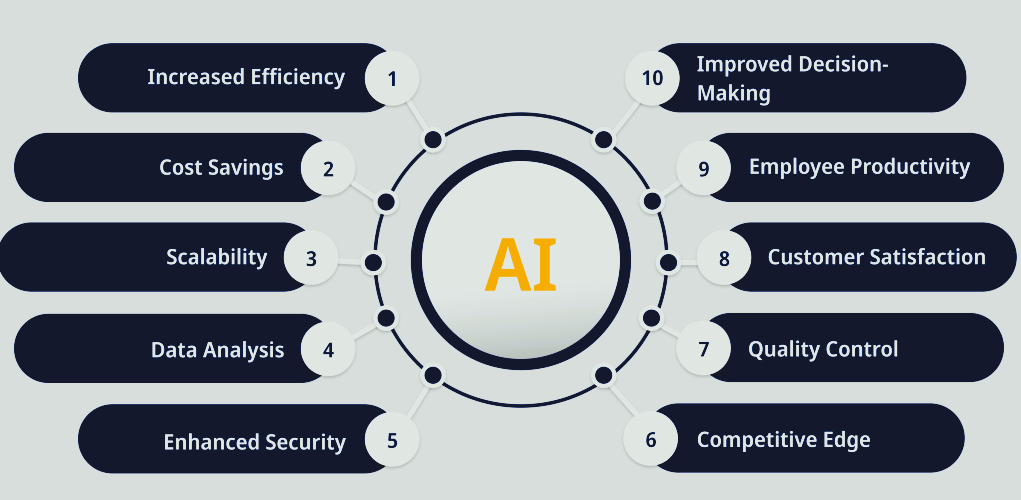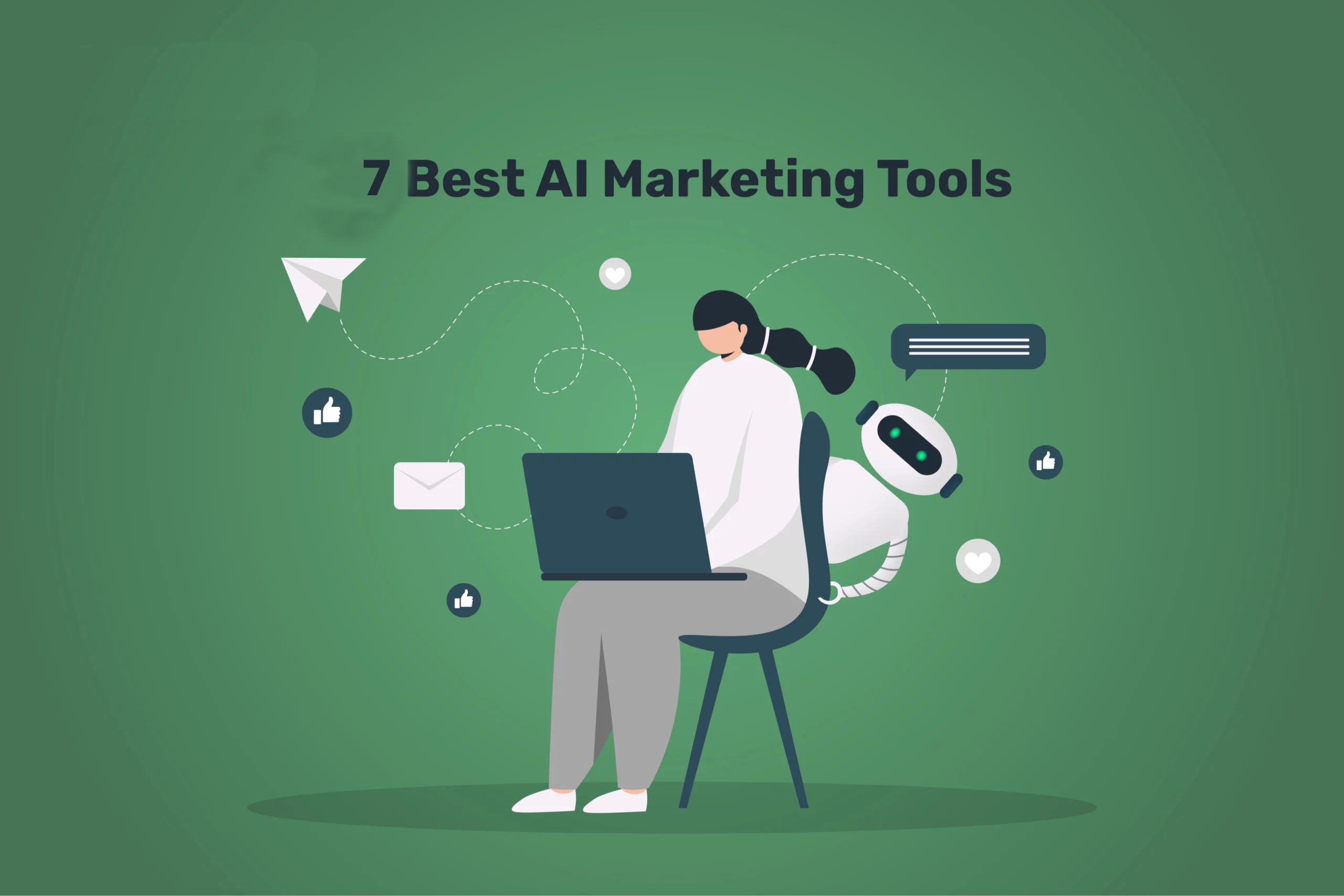Today’s businesses constantly look for ways to work faster and wiser. One powerful solution is AI automation tools—software that combines artificial intelligence (AI) with automation to handle repetitive tasks efficiently. These tools help businesses save time, reduce costs, and improve accuracy. This article explores AI automation tools, their benefits, key features, popular options on the market, and how businesses can adopt them successfully.
Understanding AI Automation
To understand AI automation tools, it’s essential to break down what AI and automation mean.
- Artificial Intelligence (AI) is a branch of computer science that enables machines to learn from data, make decisions, and even perform tasks that usually require human intelligence.
- Automation refers to using technology to complete repetitive tasks without human intervention.
Combined, AI automation tools allow machines to perform tasks and improve over time. These tools can work in various fields, from customer service to data management, making businesses more efficient.
There are different types of AI automation tools available:
- Robotic Process Automation (RPA) – Automates data entry or form-filling tasks.
- Intelligent Process Automation (IPA) – Adds AI elements like machine learning and natural language processing to RPA.
- Chatbots and Virtual Assistants – Use AI to handle customer service tasks, answer questions, and provide support.
Benefits of AI Automation Tools
AI automation tools offer numerous advantages, making them highly valuable for companies of all sizes.
- Increased Efficiency and Productivity: These tools can handle repetitive tasks faster than humans, freeing employees to focus on more critical work. With automation, companies complete tasks in minutes rather than hours.
- Cost Reduction and Resource Optimization: AI automation tools help businesses save on labor costs by reducing the need for manual work. Additionally, they minimize the need for resources like paper or physical storage, as most automated processes are digital.
- Enhanced Accuracy and Reduced Human Error: Automated tools perform tasks consistently, reducing the chances of mistakes. This is especially useful in fields like finance or healthcare, where even minor errors can have significant consequences.
Key Features of AI Automation Tools

When considering an AI automation tool, look for specific features that make these tools valuable and effective.
- Machine Learning Capabilities: Machine learning allows tools to learn from data, make predictions, and adapt over time. This is crucial for tasks like analyzing customer behavior or predicting product demand.
- Natural Language Processing (NLP): NLP enables AI tools to understand and respond to human language. This technology is behind chatbots responding to customer inquiries or virtual assistants interpreting user requests.
- Integration with Existing Systems: The best AI tools seamlessly connect with a business’s current software systems, such as CRM or ERP platforms, ensuring smooth operation and minimal disruption.
Popular AI Automation Tools in the Market
Many AI automation tools are available today, each offering unique features and capabilities. Below are some popular options:
- UiPath: Known for its strong RPA capabilities, UiPath helps businesses automate repetitive tasks across various departments.
- Blue Prism: This platform is known for its ease of integration and strong automation capabilities, making it suitable for large enterprises.
- Automation Anywhere: This tool combines RPA with AI and analytics, providing an automation solution for organizations.
- IBM Watson: A robust AI platform that offers NLP, machine learning, and deep learning capabilities, making it suitable for more complex automation needs.
Each tool has distinct features and strengths, so businesses must assess their specific needs when choosing a tool.
Challenges in Implementing AI Automation
Implementing AI automation tools can be beneficial, but companies may face some obstacles.
- Technical Challenges and Limitations: Not all tools are perfect, and some may require significant customization. Businesses may need technical expertise to set up and manage these tools effectively.
- Resistance to Change within Organizations: Employees may feel threatened by automation, fearing it might replace their jobs. This resistance can slow down the adoption process.
- Ethical Considerations and Data Privacy: AI tools often handle sensitive data, so it’s crucial to ensure that customer information is protected and used responsibly. Privacy laws and ethical guidelines must be followed.
Best Practices for Adopting AI Automation Tools
For businesses ready to embrace AI automation, there are a few best practices to remember.
- Assess Organizational Needs and Goals: Businesses should evaluate where automation is most needed before investing in AI tools. This ensures resources are spent wisely and aligned with the company’s goals.
- Training and Upskilling Employees: Employees should be trained to use and understand these new tools. Upskilling helps them adapt to AI, view it as a support system, and improve their work quality.
- Continuous Monitoring and Evaluation: AI tools need monitoring to perform effectively. Regular reviews help catch issues early and make improvements as required.
Future Trends in AI Automation

AI automation continues to evolve, with new trends and advancements emerging each year.
- Emerging Technologies and Innovations: Tools are becoming more innovative, with deep learning and predictive analytics enabling better decision-making and more accurate predictions.
- Predictions for the Evolution of AI Tools: Experts predict AI tools will become even more user-friendly and accessible, enabling smaller businesses to benefit from automation. As these tools evolve, they’ll likely require less coding knowledge, making them more adaptable.
- The Role of AI in Shaping Future Workplaces: AI automation tools will continue to change how we work, making workplaces more collaborative. AI will handle more routine tasks, allowing people to focus on innovation and creativity.
- Real-World Applications of AI Automation
AI automation tools are already making a difference in various industries. Here are some examples:
- Customer Service and Engagement: Chatbots and virtual assistants handle customer queries and provide support around the clock, reducing wait times and improving customer satisfaction.
- Supply Chain Management: AI tools can track shipments, predict demand, and manage inventory, helping companies avoid stockouts or overstocking issues.
- Healthcare: Automation tools can assist with scheduling, patient record management, and even diagnostics, allowing healthcare providers to focus more on patient care.
Conclusion
AI automation tools have become essential to modern business, helping companies save time, reduce costs, and improve efficiency. Companies can stay competitive in a fast-changing world by understanding and adopting these tools. For those considering AI solutions, now is an ideal time to explore how these tools can benefit their operations and prepare for the future.





